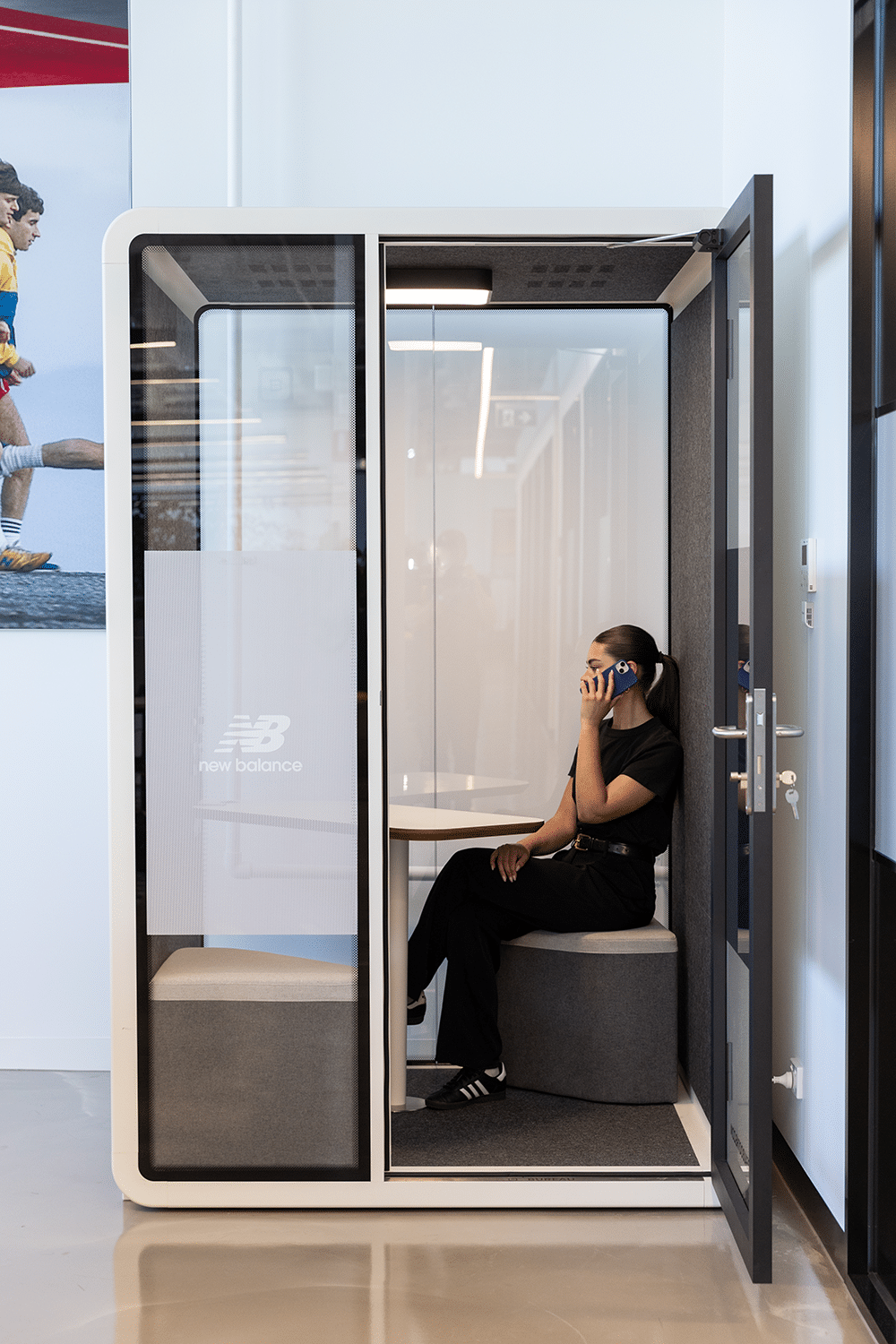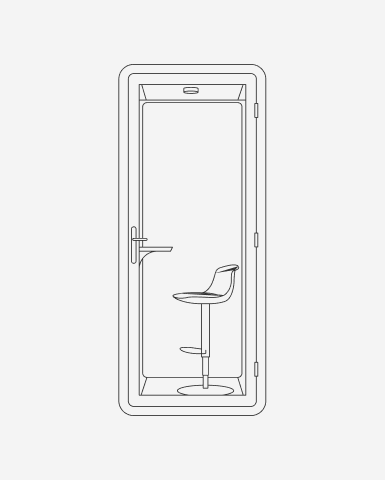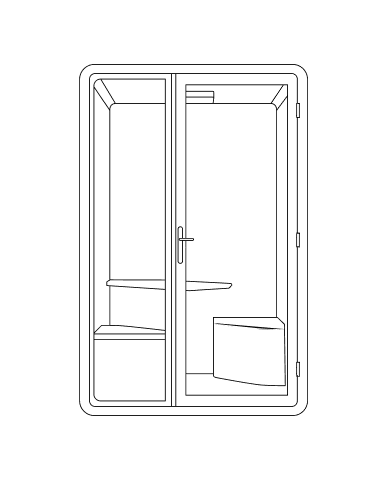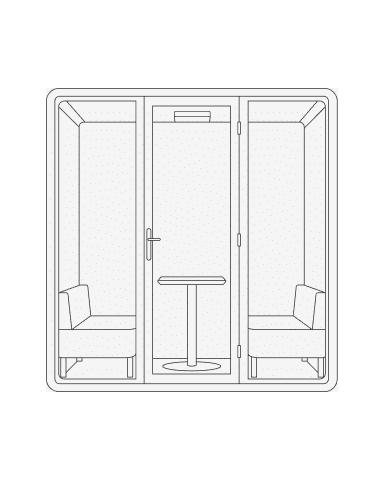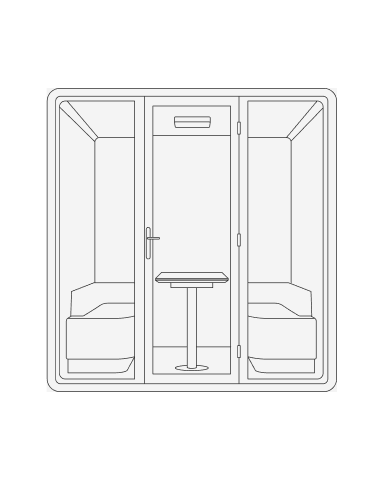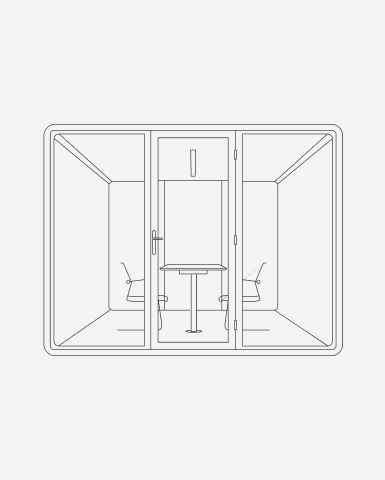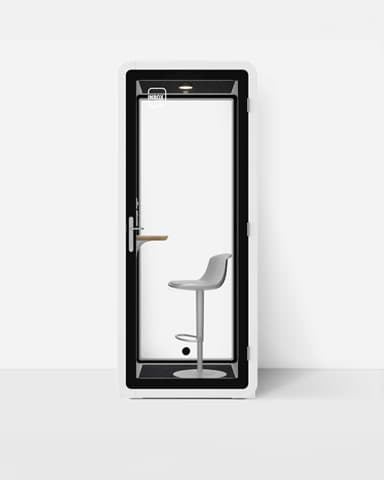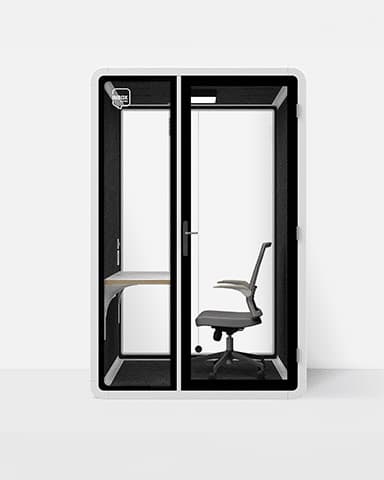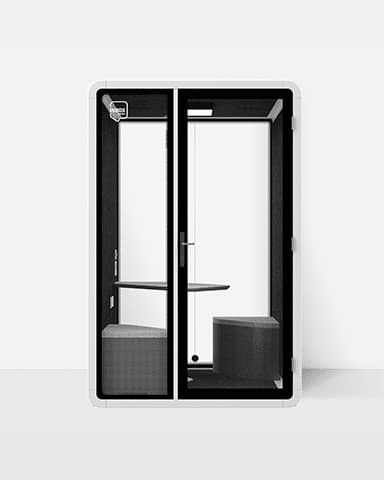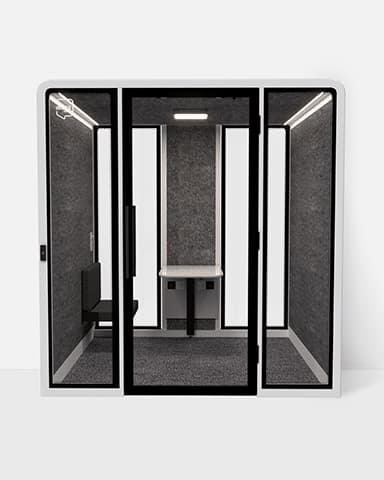Most Viewed
5 Proven Strategies to Improve Focus and Boost Productivity


There are few things as frustrating as not being able to focus. Whether you work at an office or from home, there are plenty of factors that can impact your concentration. Learning how to improve focus involves being mindful about what conditions work best for your brain and your working style. Here are five strategies to get you started:
Reduce distractions
According to the American Psychological Association, the human brain isn’t great at multitasking. That’s because even the most subtle act of task-switching (the act of stopping one task to focus on another) impacts our cognitive processing. Essentially, our ability to perform well at any task is disrupted any time we need to switch to something else, which is why removing potential distractions from your workspace is a great way to improve focus. Some ways you can do this is by:
- Putting your phone in a drawer or another room where you can’t see it, making use of the focus mode settings, or just turning it off altogether
- Using an app to temporarily block the websites you often find yourself drifting to when you struggle to concentrate (especially social media!)
- Turning off on-screen notifications and audio alerts on your email and messaging apps
- Finding a quiet place where you can work without interruption, such as an Inbox booth, a room/office with a door, or a desk in a low-traffic area
Embrace micro-tasking
Have you ever felt so overwhelmed by the amount of work in front of you that you don’t even know where to start? Being swamped can make us feel like we’re just spinning our wheels, and it’s demotivating! Research shows that the act of completing tasks releases dopamine—a neurotransmitter that creates feelings of accomplishment, happiness, and motivation—in our brains. The more motivated we are, the easier it is to focus on the task at hand. Give your brain more accomplishments to celebrate by:
- Breaking large tasks into smaller steps that can be completed faster and without spending as much mental energy
- Keeping your daily to-do list to a maximum of three priority tasks (Anything you accomplish beyond those three items will be bonus wins!)
- Writing an actual to-do list (or using a digital alternative) that allows you to check off/cross out your accomplishments
- Gamifying your to-do list by rewarding yourself when you complete X number of tasks
Give yourself a break
Fighting to focus doesn’t just feel exhausting, it is exhausting. That’s because mental processing of any kind requires energy. A 2020 UCL study found that, due to constant but limited energy supplies, the human brain has a limit on how much it can process at once. Just like with physical exercise, the harder the brain works, the more energy it expends. Rather than waiting for mental fatigue to hit, try taking regular “brain breaks” throughout the day to keep your mental energy up and your focus locked in. If you need a little help, we recommend using the “pomodoro technique”:
- Set a timer for 25 minutes and work on your task
- When the timer goes off, take a five-minute break
- Repeat this process four times
- After the fourth set, give yourself a longer break (15-30 minutes)
Protect your time
Finding time to focus on deep work can be hard when your schedule is constantly packed. Getting work done in stolen chunks of time between meetings and calls isn’t the most efficient strategy. This is why it’s important to not only make the time for your to-do list, but also to protect it from the multitude of other demands on your calendar. You can prioritize your focus time by:
- Blocking time in your calendar for deep work
- Asking your colleagues to respect the time you’ve set aside to focus on your work
- Setting aside the same time each day for deep work to establish a routine
Take care of yourself
There are many studies out there that show an undeniable connection between our mental and physical health. Anyone who has tried to function after pulling an all-nighter or in the fog of a bad cold understands just how much our physical condition can affect our focus and cognitive function. To help keep your mind clear and sharp, it’s important to keep your body healthy by:
- Getting enough high-quality sleep each night
- Moving your body every day
- Eating a nutritious diet that’s low in processed foods
- Limiting recreational drug and alcohol use
Improving your focus often comes down to setting yourself up for success. Take the time to create concentration-boosting habits and work-friendly conditions, and enjoy the benefits it has on your productivity and performance too!
Ready to boost your focus? Contact us today to create the ultimate focus zone with one of our office booths!
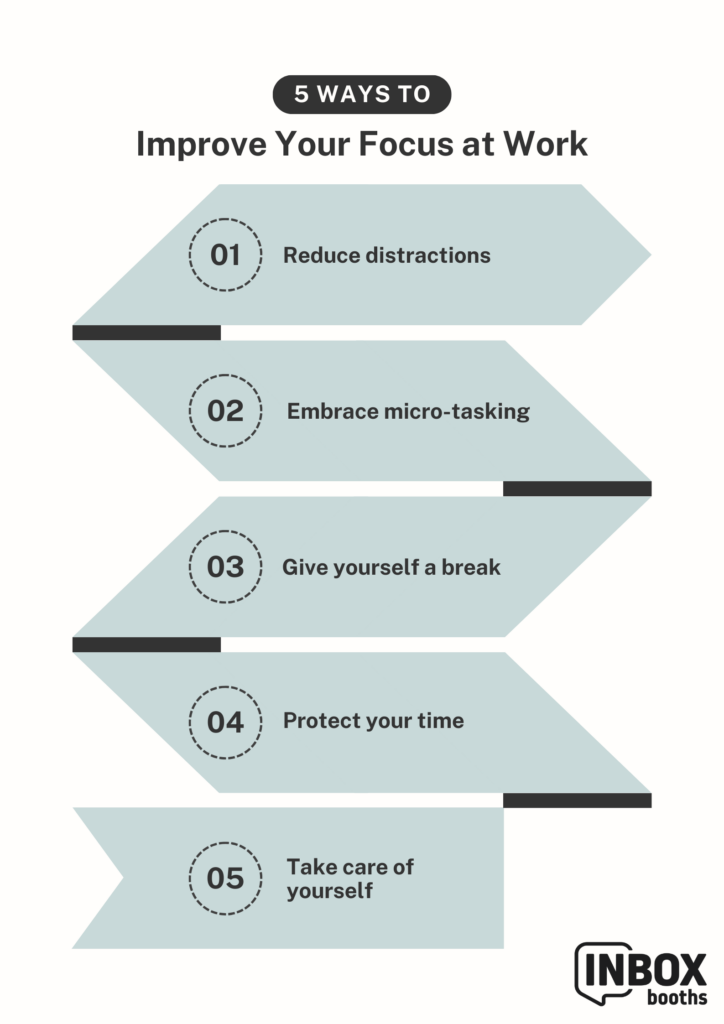
Share article with your community!
Most Viewed

